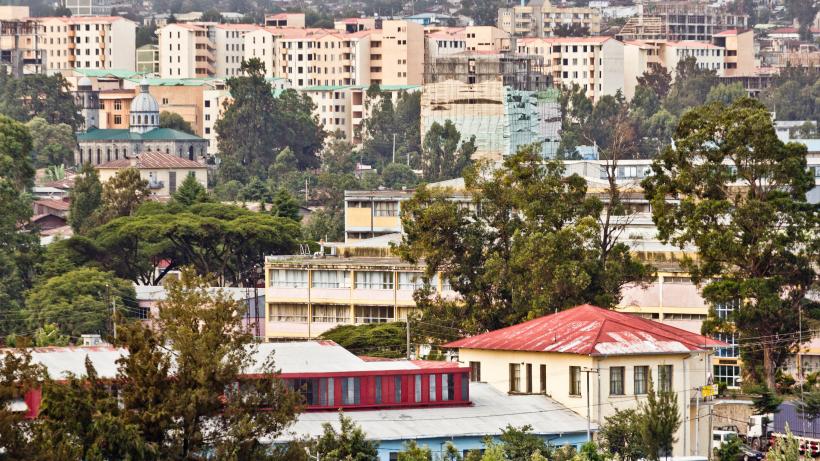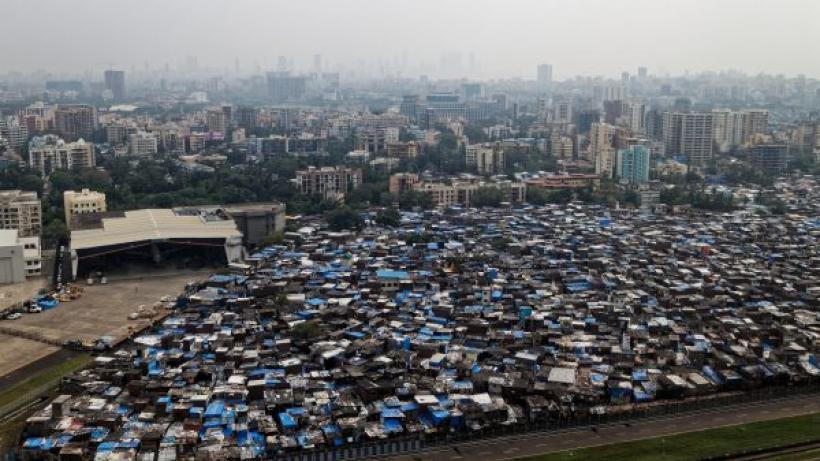Housing, infrastructure, and public services
The backbone for rising productivity and living standards in a city.
Housing, infrastructure and public services form the backbone for rising productivity and living standards in a city. Without significant investments in these to meet the needs of citizens, rapidly growing cities become hotbeds of congestion, crime, and contagious disease. Even minor investments in transport systems, combined with smart regulations, can significantly improve people’s access to jobs and services. At the same time, regulatory changes to reduce the high costs of housing production, and proactive infrastructure provision for urban expansion offer significant potential for housing rapidly growing urban populations.
The content below provides a toolkit of information and resources to help inform policy decisions in this area. Online policy toolkits, policy papers, and policy briefs look at different options for addressing challenges in housing and transport and their trade-offs for policymakers – whether to invest in roads for private cars or public transport systems, for example, or how to make the most of limited resources in providing affordable housing for citizens.
Policy briefs
- Housing finance – Demand vs supply-side subsidies
- Policy options for Kabul’s informal settlements
- Informal settlements and housing markets
- Urban mobility: policy decisions for connecting the city
Policy papers
- Accessing opportunities – Policy decisions for enhancing urban mobility
- Policy options for informal settlements
- Data orientated urban transport reform in middle income and developing cities
- Strategies for effective procurement and public-private-partnerships in the transport sector
- Key considerations for integrated multi modal transport planning
- Paper: Urban infrastructure for development (Collier & Venables, Oxford)
- Paper: Shared-use mining infrastructure – Why it matters, and how to achieve it (Collier & Ireland, Oxford)
- IGC Growth brief: Contagion, crime, and congestion: overcoming the downsides of density (Glaeser & Sims)
- Options for financing and funding transportation infrastructure (Siemiatycki, Toronto)




